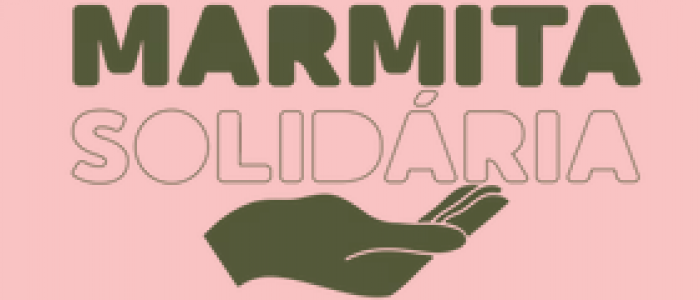O MST lançou uma campanha em defesa do Plano Emergencial de reforma agrária popular. Nele, estão as medidas necessárias de proteção e produção para garantir condições de vida dignas para a população do campo.
Além disso, o movimento evidencia como a pandemia está relacionada com o avanço da crise ambiental, a partir da exploração insustentável dos bens naturais. Por isso, defende ações em torno da preservação ambiental, reafirmando a importância da reforma agrária para garantir o abastecimento com alimentos saudáveis, a preço acessível.


















